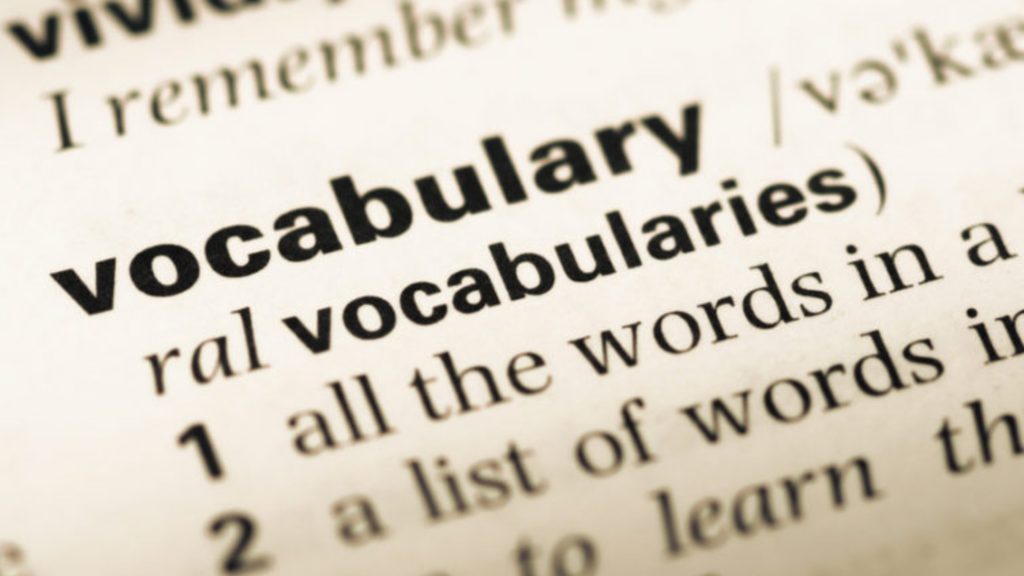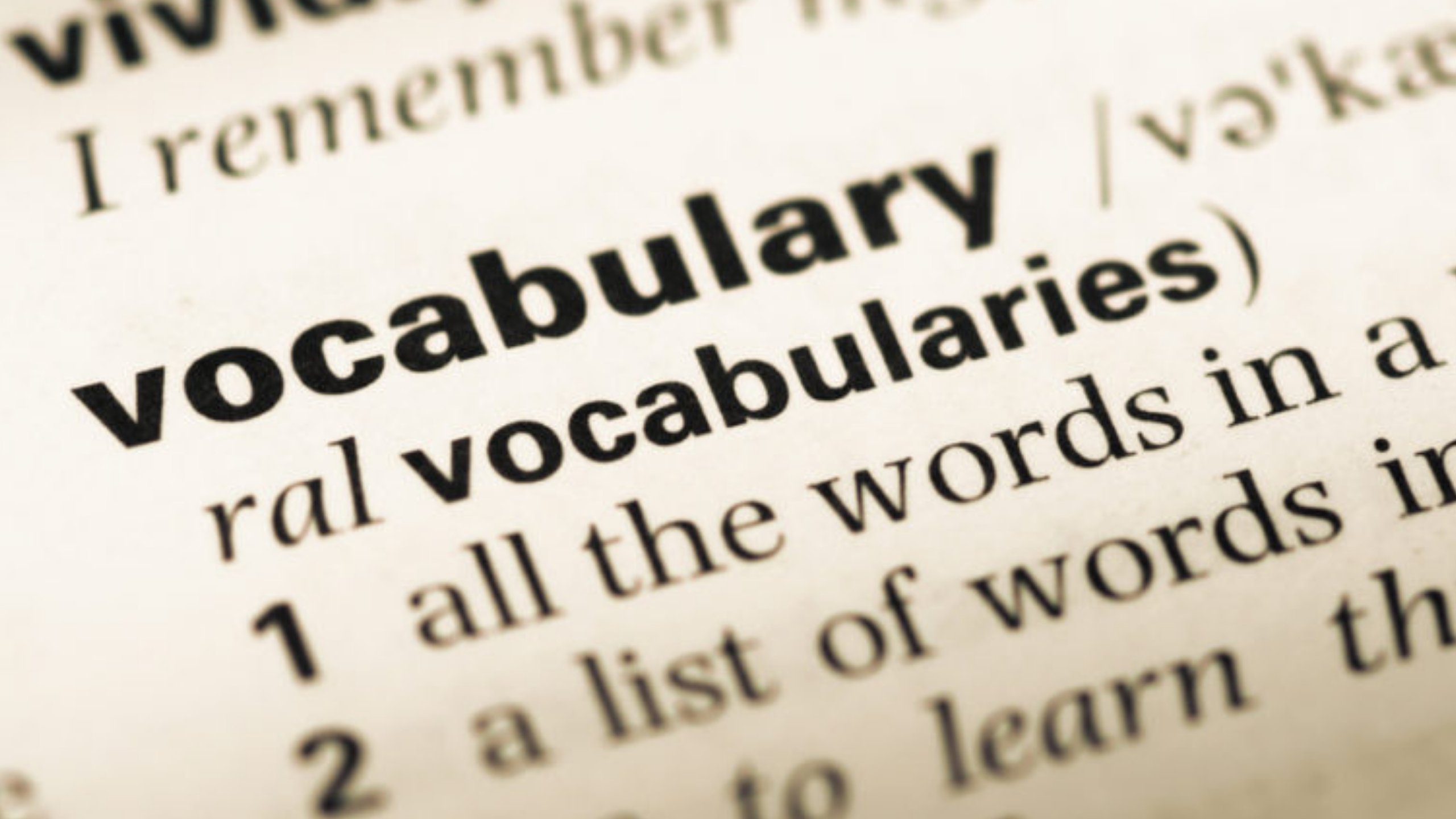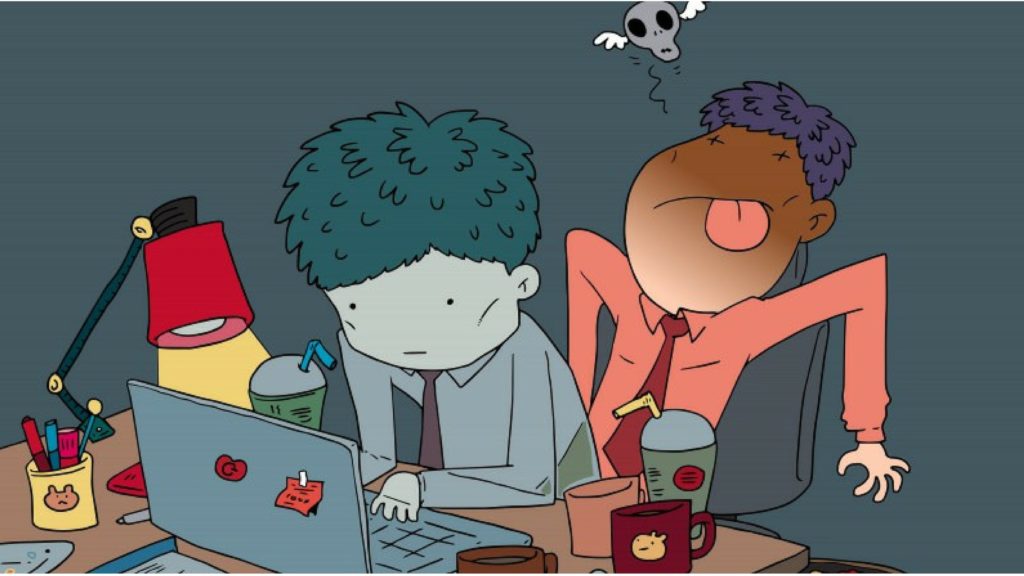How to improve student vocabulary

The number of teenagers reading is dropping at an alarming rate, as they shun books and newspapers in favour of social media.
According to data taken from Mentoring The Future, more than 80% of teens reportedly used social media every day, but only 20% read a book or newspaper daily for pleasure. It is to no surprise then that student vocabulary is limited. According to Oxford University Press, “Students need to be able to do so much more than reel off lists of vocabulary.

They need to be able to manipulate the language so that it can support their communicative needs.” This can happen through memorisation, voraciously reading, the use of a dictionary and online games.
To teach vocabulary effectively, teachers must first learn the techniques and methods required to deliver them. Student vocabulary instruction is an art that helps pupils retain new terms that will allow them to prosper both in school and in their futures.
Here are a few tips to improve your student’s vocabulary in a timely way:
1. Reading for meaning
It is undeniable that reading is the most effective way to learn new vocabulary. When students read, they see words being used in context, which is a lot more effective than simply memorizing word lists. Within a sentence, there is a good chance that the student can guess the meaning of a word in its context.
Finding the meaning in this way is the most natural way of learning new vocabulary. Start your pupils off with simpler texts that occasionally use unknown words, so that they can begin to infer their meanings a few words at a time.
2. Word of the day
If you introduce a new word a day, they begin to add up! In the same way, tutors tend to share a quote of the day, commit your pupils to learn at least one new word and store them in a word bank in the back of their books.
Try Dictionary Word of the Day because it provides pronunciation, definition and word history. At the end of the week, give pupils a short spelling and definition test based on the words of the week, to affirm and solidify the words they have learnt.
3. Befriend the dictionary
A dictionary is the first indispensable resource to improve your student’s vocabulary so always keep them in the classroom. When pupils are unaware of the meaning of a word, rather than telling them yourself, challenge them to find the precise meaning in the dictionary.
If your students enjoy competing, time their searches and create a dictionary leaderboard! Similarly, a thesaurus is a fantastic resource for learning synonyms and finding connections between words. Ban words like ‘nice,’ ‘good’ and ‘bad’ in the classroom!

4. Introduce new words
After students have learnt a new word through reading or the dictionary, they need to use the word to truly commit it to long-term memory. In fact, research suggests that students need to use a new word 10 – 16 times before it sinks in.
Encourage them to first write the word down; say it aloud; create a sentence with it (mentally or in writing); use it in a conversation; and finally, teach it to a friend. The more they say it, the more likely they are to use this vocabulary in their writing and conversation.
5. Have fun!
Games and group activities are useful for all kinds of learning, but they are particularly effective for language learning. Try to organise some time to play word bingo, scrabble, boggle, taboo and quiddler with your students at the end of the week. You’ll be surprised by how much they enjoy them! A spelling bee is another fantastic way to create some competition and buzz around the school.
Give all students a set word list and the opportunity to participate, and then organise knock out stages and create a live final during an assembly. If you prefer your students to work independently, try online word games such as countdown or Merriam – Webster’s word games and quizzes.
Most importantly, take a systematic approach to vocabulary practice. Try not to overwhelm your students with too much at one time. Try short spurts and incorporate these words in their spelling tests and homework activities.
Spending hours a day learning vocabulary will mean most be lost in the long term. If students commit to 15 minutes a day of focused practice they’ll have a bank of new words and definitions to refer back to each lesson. Use it or lose it!








Responses